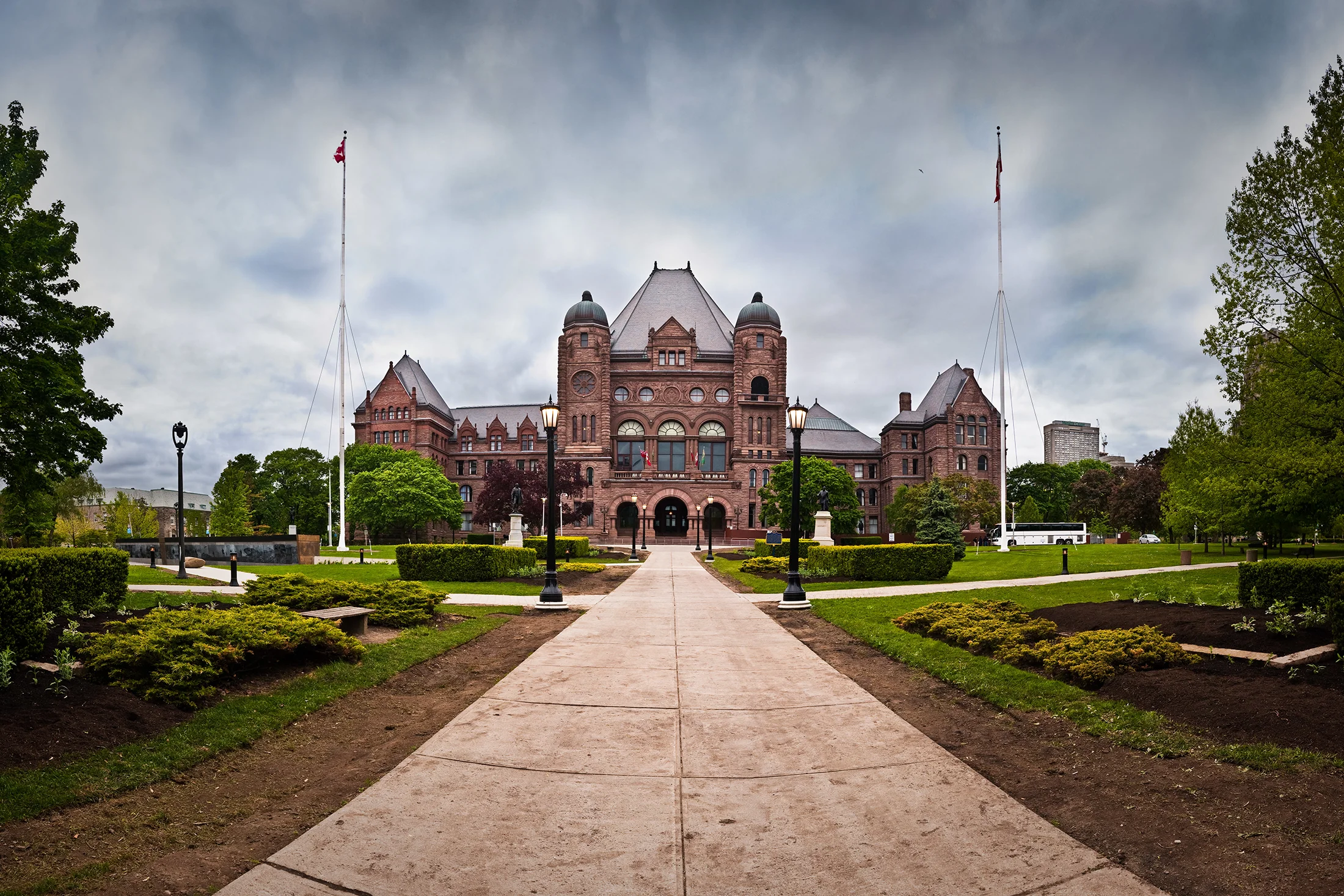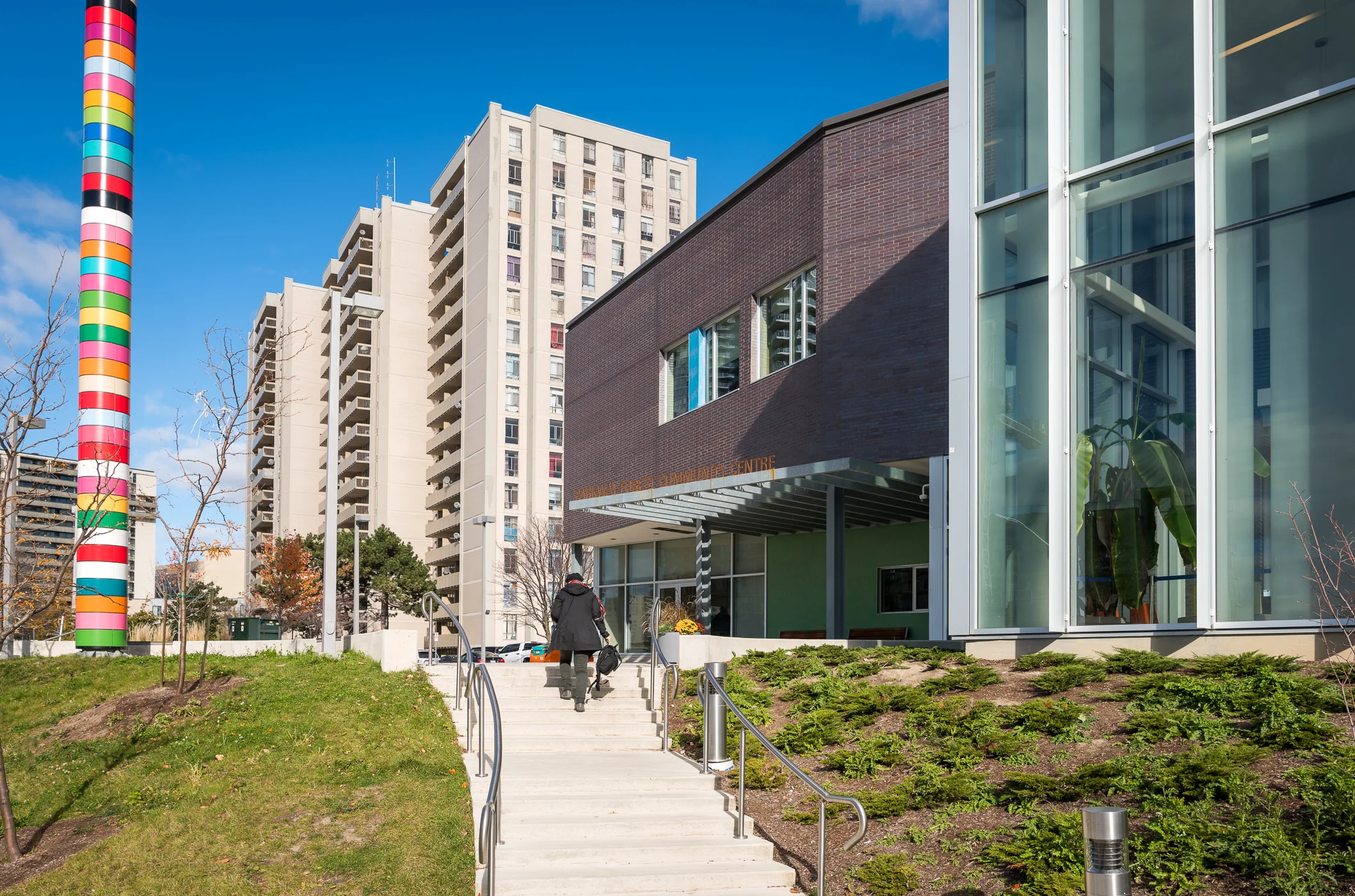According to the government, the “proposed changes address implementation challenges with the Plan that were identified by the municipal and development sectors and other stakeholders” and “are intended to provide greater flexibility and address barriers to building homes, creating jobs, attracting investments and putting in place the right infrastructure while protecting the environment.” We note for the record that FoNTRA, as one of the most significant stakeholder organization in the Province representing the interests of residents, had not been consulted.
The stated purpose of the proposed changes is “to quickly address identified implementation challenges with the Plan and to not unfairly disrupt housing and other developments currently underway,” so as “to unlock land faster for residential and commercial development and support more jobs and housing.” This seems to suggest that there is a shortage of land available for development and may explain the proposed deletion of existing language describing one of the Growth Plan’s key underlying concepts: “There is a large sup- ply of land already designated for future urban development in the GGH. In some communities, there may be more land designated for development than is required to accommodate forecasted growth to the horizon of this Plan.” Is there a shortage or a large supply of land designated for future development?
Read more











